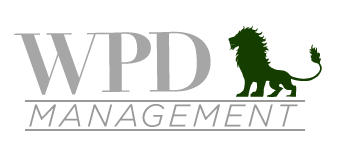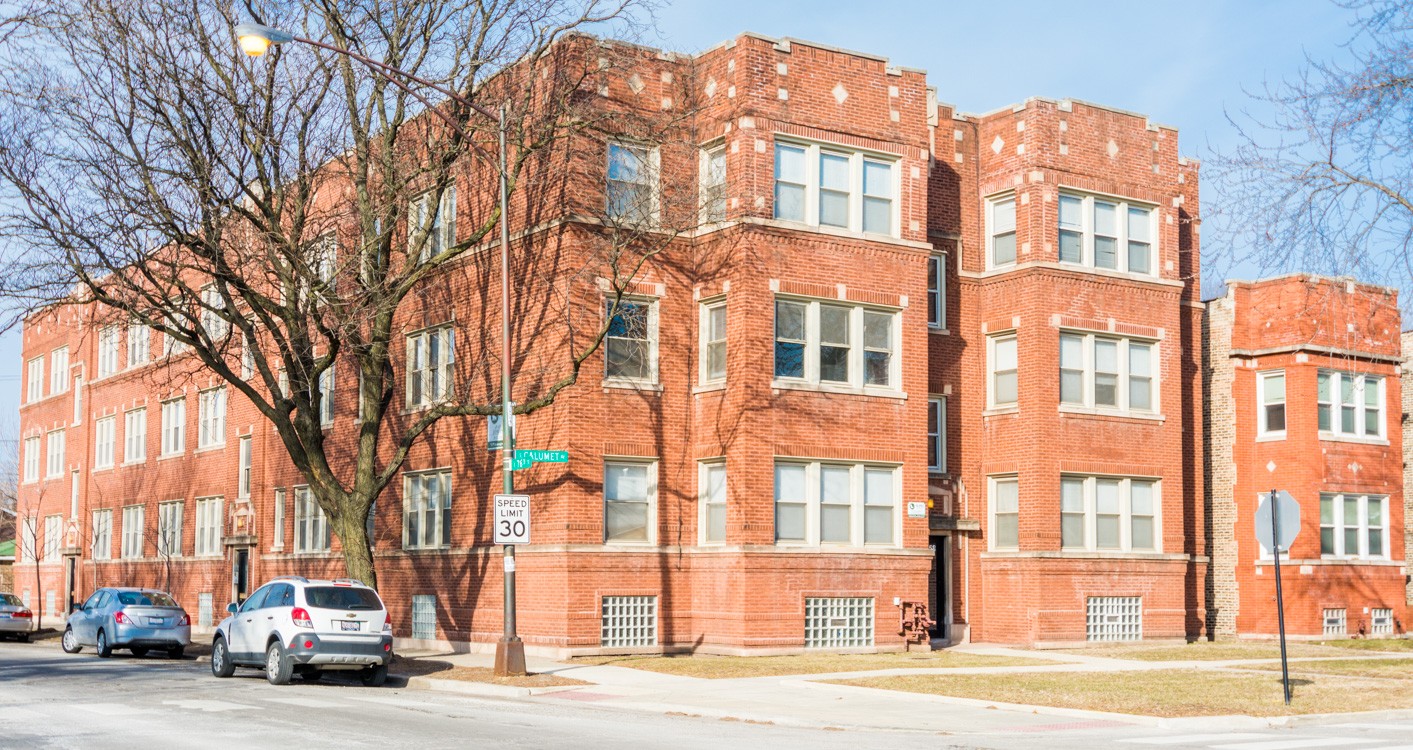It’s no surprise to any renter that the property management business has undergone significant changes over the years. From technological advancements, to neighborhood changes, to general expectations from residents about furnishings and more, our industry looks very different than it once did. As a property management organization, it’s our job to understand new trends and standards, identify what works for our residents and staff, and make updates accordingly — or evaluate if it’s best to keep our current systems working. Here’s how WPD handles an ever-changing industry — and world.
One of the most common areas of change across all industries has been technological advancements. In property management, those changes look like online rent payments, maintenance requests, streamlining some of our daily processes and more. At WPD, implementing property management software has allowed us to continue staying true to one of our core principles, transparency. This software enables property managers, owners and residents to be on the same page, because they all have access to the same information, and it raises the standards for our property management team to do their best work. Implementing this software is one way that we’ve ushered in more modern and updated aspects of our work.
However, there are still some technological aspects of our work that have remained unchanged, even while other property management companies may continue to update and adjust their systems.
We know that above all, our residents value face-to-face interaction and communication with our staff. That’s why there are still some things we do the old-fashioned way. Some newer buildings in Chicago have implemented technologies that create a culture where residents may never even interact with their property owners or managers. At WPD, we’ve upgraded many of our systems to make life easier for our staff and our residents — but one thing we haven’t changed is personal communication between our staff and residents. When our residents have positive, familiar relationships with their property managers, it allows them to reach out when needed, and lets them know that they have a reliable support system.
Recognizing the benefits of this form of communication is key in property management. Not only does it create positive relationships and support, it can also help build community, navigate more complex requests that are better communicated in-person, and allows property managers to have a better sense of their residents’ needs.
What we want our residents to know is that while we may update some of our processes to meet a changing environment, above all we value consistency, and we’re always going to work as hard as we can to be the best building on the block. We can’t control the changes happening around us, but we can ensure our buildings are well-managed and that people are happy to stay in them.
Another aspect of property management work in Chicago is keeping up-to-date with local ordinances and standards. Chicago in particular has many renter protections in place, and it’s our responsibility to keep up with these new policies. As we’ve emphasized in prior blogs, continued education is one of WPD’s core values, and that includes being knowledgeable about local ordinances so we can ensure that we’re doing the most effective work possible.
When businesses talk about change and growth, they often see it as a sign to expand and become as big as they possibly can. However, we’ve chosen to stay where our roots are, in the south and west sides of Chicago, ensuring we can reach a resident’s building within 15 minutes if there’s an issue. While we may not be physically far away, we’re always ready to go the extra mile. So while we embrace change and growth, we also know when to stay grounded and stick with what works. We know our residents, and they know us — and those relationships inform how we respond to a changing industry.

